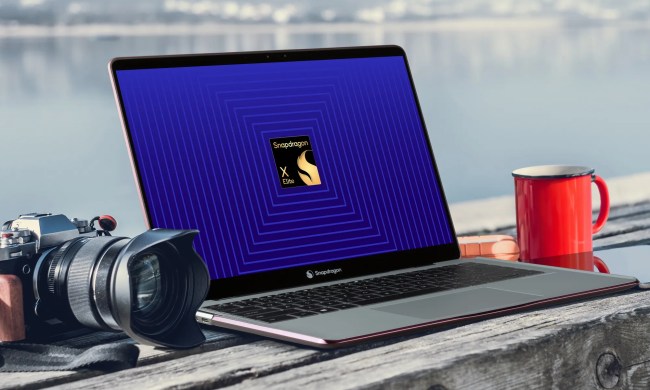Bloomberg has reported that chip architecture company Arm Holdings PLC is terminating its licensing agreement with Qualcomm Inc., and has sent the U.S. firm a 60-day cancellation notice. If the cancellation goes through, Qualcomm could be forced to stop selling Arm-based chips — which includes the majority of its smartphone chips and the new Snapdragon chips used in Copilot+ PC lineup.
The two companies have been caught in a legal dispute for multiple years now. It started in 2021 when Qualcomm acquired the chip design company Nuvia (started by former Apple employees who worked on the M1 chip ). The disagreement centers around Nuvia’s licensing agreements with Arm and whether Qualcomm’s acquisition of these licenses violated Arm’s terms of agreement. Arm wants the licensing terms to be renegotiated now that Nuvia is under new ownership, while Qualcomm argues that renegotiation isn’t necessary.
The cancellation notice demands that Qualcomm cease and desist developing Arm-based Nuvia chips and also stipulates that all existing stock should be destroyed. This is quite an extreme demand and a Qualcomm spokesperson described the situation to Bloomberg as Arm trying to “strong-arm a longtime partner.” In other words, the cancellation may just be an attempt to disrupt or influence the legal battle between the two companies.
Aside from the recent dispute, Qualcomm and Arm have worked together for years, with Qualcomm announcing its first Arm license over 25 years ago in 1998. Right now, Qualcomm has an annual revenue of almost $40 billion and a large majority of it comes from chips built on Arm standards.
They’re used to power most current Android phones, and the newly announced Snapdragon 8 Elite is expected to power the next wave of Android devices. Qualcomm’s recent expansion into laptop processors has also been successful, with the Snapdragon X Elite chips powering a whole range of Copilot+ PCs running Windows-on-Arm. With all this said, it’s easy to see why a permanent falling out between the two companies would have an extreme impact.
It seems like Qualcomm would be risking a lot by ignoring the cancellation order and continuing to refuse Arm’s demands for licensing renegotiations — the company’s shares have already fallen by 5% since the Bloomberg report was published. But we’ll have to wait to see how the company officially reacts over the next few weeks.



